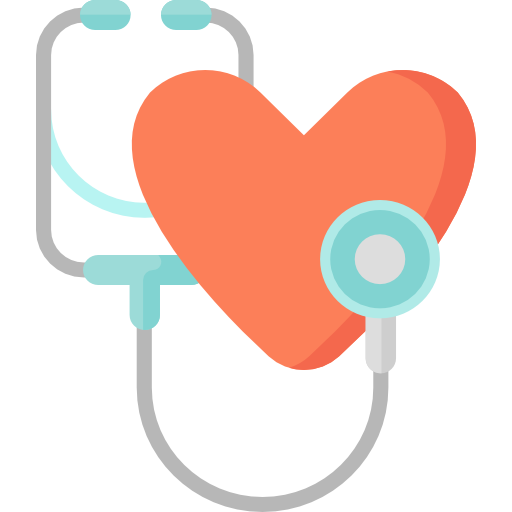Attention Deficit Hyperactivity Disorder (ADHD) is a neurological disorder. It affects your ability to sit still, focus, and control behavior. ADHD is commonly associated with a few other conditions such as learning disabilities, anxiety, depression, bipolar disorder, sensory processing disorder, autism spectrum disorders, obsessive compulsive disorder (OCD), and oppositional defiant disorder.
This condition is not only a childhood problem; it can affect people of any age. Children with this disorder may find themselves in frequent trouble at school, simply because of their inability to focus and follow instructions. Left untreated, adults with ADHD may experience problems with employment, managing finances, and maintaining relationships. It can significantly disrupt your life and cause significant struggles to perform daily tasks.
Pathophysiology and Risk Factors
This condition may result from a chemical imbalance in the brain, although the exact cause is unknown. ADHD is associated with lower activity levels in some regions of the brain (the parts that control attention and focus). Many studies have indicated that these brain areas may be smaller and less prominent than a brain without this disorder.
This disorder also has a strong genetic component. A child with this brain disorder will likely also have a parent with it. Sometimes parent and child are both diagnosed simultaneously as this disorder is becoming more and more well recognized. Other risk factors include premature birth and a significant head injury.






